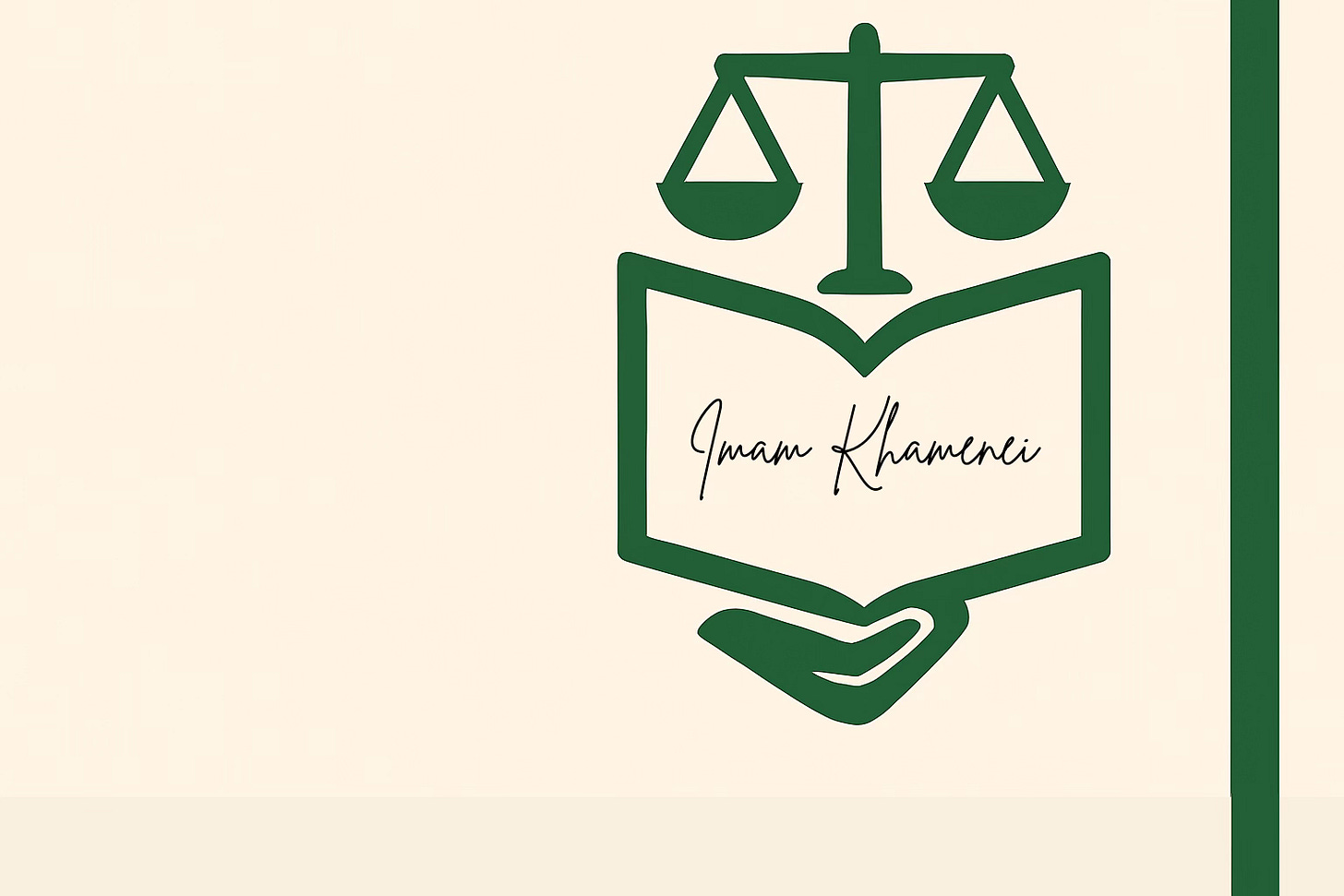Khums: Khums on Government-Extracted Minerals — Who Bears the Obligation?
Practical Laws of Islam as per the teachings of Imam Khamenei
Khums: Khums on Government-Extracted Minerals — Who Bears the Obligation?
English:
Question #888:
Our question is as follows:
Certainly the payment of khums on extracted minerals is obligatory at the present time, as our major mujtahids consider the obligation of khums on minerals one of the conceded rulings. Considering that the government’s mere spending of the minerals’ proceeds for Muslim citizenry does not remove the obligation to pay khums, what is the ruling with respect to these minerals. Mining is either carried out primarily by the government and then its income spent on the citizens, in which case it is like a person who extracts the minerals and gives as a gift or as charity to another person. However, it is included in the generality of the proofs regarding khums, as there is no ground for limiting their application. Or the government extracts the minerals as the people’s agent, and in reality it is the people who are the extractors and in this case paying khums is obligatory for the principal. Or the government extracts the minerals through its guardianship over the people in which case the extractor is the guardian itself or, as in the case of being people’s agent, the people are considered as the actual extractor. In any case, there is no proof for excluding the extracted minerals from the general rule of khums when the quantity of mined minerals reaches the threshold, unlike the earnings, which may be spent or given as gift, counted as part of the annual expense and consequently exempted from khums. What is your opinion concerning this important issue?
Answer #888:
Among the conditions for minerals to be subject to khums are:
a) mining is done by a person, or persons in partnership;
b) every person’s share reaches the threshold, and;
c) the extracted minerals are counted as their own. As the minerals extracted by the government are not privately owned by any person or persons, rather they are property of a public purpose, the condition for liability to khums is absent. On this basis, there are no grounds for the state and the government to be liable for their khums and this is not an exception to the obligation of khums on minerals. However, the minerals that are extracted by a certain person, or persons in partnerships, are liable for khums when the share of each of them, after deducting the extraction and refining expenses, reaches the value of 20 gold dinars.
-Imam Khamenei, Practical Laws of Islam, Importance and Conditions of Khums


